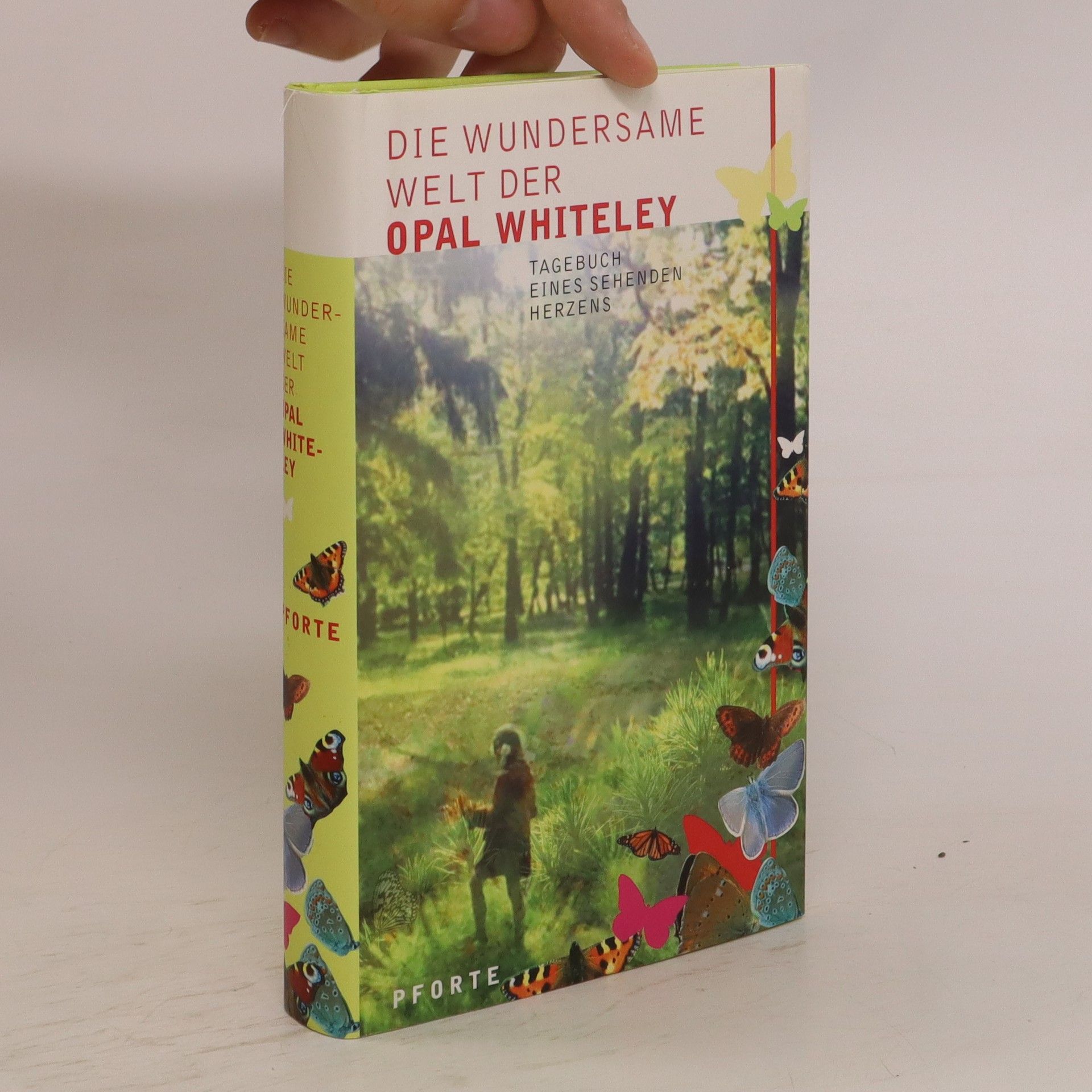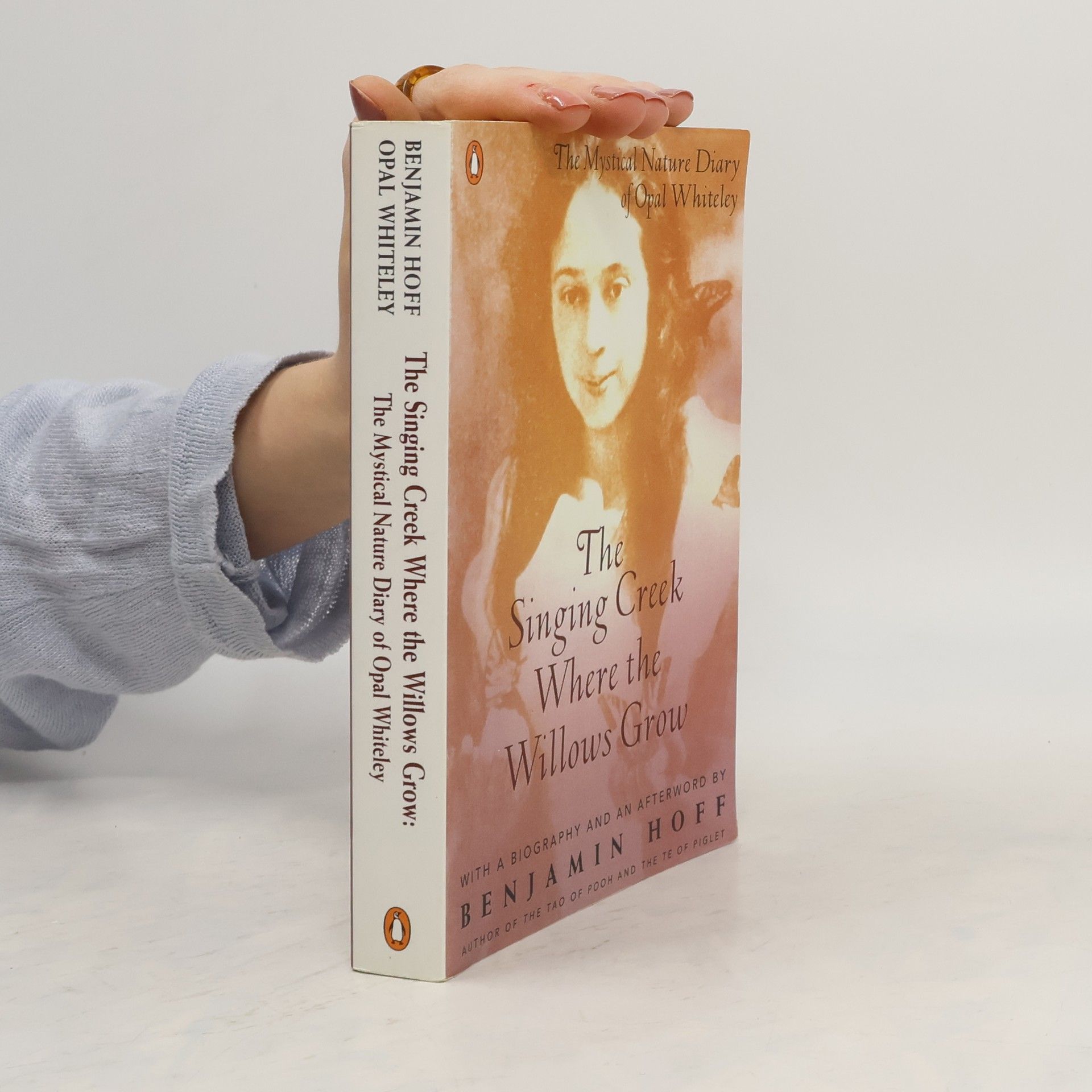Long before environmental consciousness became popular, a young nature writer named Opal Whiteley captured America's heart. Opal's childhood diary, published in 1902, became an immediate bestseller, one of the most talked-about books of its time. Wistful, funny, and wise, it was described by an admirer as "the revelation of the ...life of a feminine Peter Pan of the Oregon wilderness—so innocent, so intimate, so haunting, that I should not know where in all literature to look for a counterpart." But the diary soon fell into disgrace. Condemning it as an adult-written hoax, skeptics stirred a scandal that drove the book into obscurity and shattered the frail spirit of its author.Discovering the diary by chance, bestselling author Benjamin Hoff set out to solve the longstanding mystery of its origin. His biography of Opal that accompanies the diary provides fascinating proof that the document is indeed authentic—the work of a magically gifted child, America's forgotten interpreter of nature.
Opal Whiteley Boeken



Historia Opal Pamiętnik rozumiejącego serca
- 320bladzijden
- 12 uur lezen
Ma sześć, siedem lat. Jej mały świat jest ogromny, a uważność i miłość do otoczenia, od konia po kamyk, są niezmierne. Bliscy jej nie rozumieją. Wszystko zapisuje kredkami na skrawkach papieru, a jej składnia jest karkołomna – rytmiczna, z dziecięcymi natręctwami i cudnymi naleciałościami francuskimi. Słownictwo jest osobliwe, momentami nowatorskie, pełne francuskich słów. Mieszkając w małej osadzie w Oregonie na początku XX wieku, Opal Whiteley przeżywa świat w sposób mistyczny. Jej dziecięca Pieśń duchowa mogłaby stać na półce obok Walden Thoreau oraz książek Lindgren i Jansson. Opal nie ocenia, nie dzieli, żyje chwilą, nadając imiona zwierzętom i drzewom z historii i mitologii. Skąd znała te imiona i francuski, który był obcy jej rodzicom? Jej niezwykła wrażliwość na naturę i holistyczne pojmowanie świata pozostają zagadką. Czy jej Pamiętnik jest autentykiem, czy osobistym apokryfem? Ludzie jej nie uwierzyli, a bliscy się jej wyparli. Drugą połowę życia spędziła w przytułku psychiatrycznym. Dziś jej Pamiętnik czytamy jak list w butelce – przejmujący list o tym, co ważne.
Die wundersame Welt der Opal Whiteley
Tagebuch eines sehenden Herzens
Dieses rätselvolle Tagebuch einer Sechs- und Siebenjährigen, die um 1900 in den Wäldern Oregons (USA) aufwuchs, beschreibt in ganz eigener, zauberhafter Sprache die karge, von Arbeit und Armut geprägte Realität der Holzfällercamps und entführt uns zugleich in die unerschöpfliche Wirklichkeit der kindlichen Fantasiewelt. Wer Winnie-the-Pooh und den kleinen Prinzen liebt, wird auch von Opals Tagebuch, von seiner Weisheit und Schönheit, seinem umwerfenden Humor und seinen leidvollen Geschehnissen hingerissen sein.